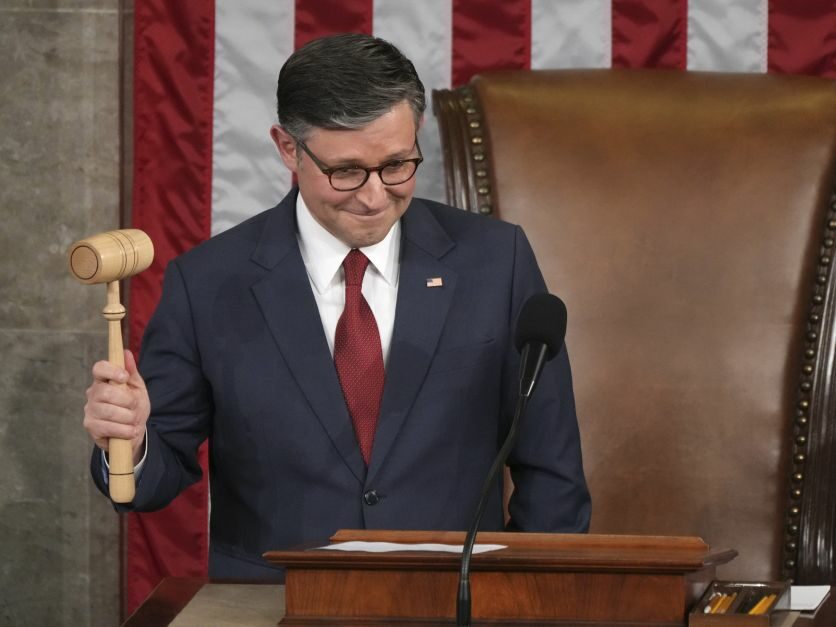Key Takeaways
- House GOP leaders passed a $66 billion bill for farm programs while cutting $186 billion from SNAP over the next decade.
- The bill requires states to share SNAP costs and expands work requirements to adults aged up to 64.
- Despite concerns, President Trump is set to sign the bill, which boosts farm funding but adds $3.4 trillion to federal deficits over ten years.
House GOP Passes Major Farm Funding Bill
House GOP leaders navigated internal disagreements to pass a significant spending and tax package, amounting to $218-214 after a lengthy session. This 870-page bill, titled the “One Big Beautiful Bill,” will allocate $66 billion towards farm programs, marking the largest increase in agricultural funding since 2002. It also extends the 2017 Tax Cuts and Jobs Act along with the 45Z biofuels tax credit.
The legislation notably restructures funding for farmers while simultaneously cutting the Supplemental Nutrition Assistance Program (SNAP) by an estimated $186 billion over a decade. This reduction involves tightening work requirements for adults, including parents of school-aged children and an unprecedented shared cost on states for SNAP benefits.
For farmers, increased funding through the Price Loss Coverage (PLC) and Agriculture Risk Coverage (ARC) programs is expected. They will have the opportunity to enroll an additional 30 million acres into these programs, alongside reduced crop insurance premiums and enhanced funding for trade initiatives and agricultural research.
The Congressional Budget Office (CBO) predicts the bill will contribute to a $3.4 trillion increase in federal deficits over the next ten years. This increase primarily results from the costs associated with extending existing tax cuts and implementing new initiatives, significantly overshadowing savings from cuts to SNAP and Medicaid.
Two Republicans opposed the bill: Tom Massie of Kentucky and Brian Fitzpatrick of Pennsylvania, who voiced concerns about additional Medicaid cuts. GOP leadership, including House Speaker Mike Johnson, engaged in extensive negotiations to address the divergent concerns of party members, balancing the wishes of moderates worried about the cuts affecting hospitals and the hardline Freedom Caucus’s stance on various provisions.
The Freedom Caucus objected to several Senate provisions, particularly the adjustments to SNAP work requirements. Initially, the House bill mandated work by parents with children as young as seven; however, the Senate raised this age limit to fourteen due to concerns about child supervision. Additionally, a $50 billion hospital fund included to alleviate Medicaid cuts drew criticism from conservatives, who felt it did not sufficiently address their concerns.
Agriculture Secretary Brooke Rollins defended the cuts, arguing they facilitate greater support for farmers and the need for better Medicaid management. Some GOP moderates found assurance in clarifications regarding the fund for rural hospitals, which some initially viewed as limited in scope.
Democrats expressed strong opposition, arguing that the legislation unfairly targets low-income families for the sake of tax breaks for the wealthy. Highlights from Democratic critiques include the expected increases in federal debt attributed to the bill. House Minority Leader Hakeem Jeffries criticized Republicans for their fiscal irresponsibility amid substantial increases to national debt incurred by the bill.
Despite passing the bill, Republicans face lingering issues related to farm programs. Proposals for amendments to the 2018 farm bill remain unresolved, and the Senate’s parliamentarian rejected including certain provisions historically part of farm bills.
President Trump is slated to sign the bill on Friday, promising to influence the landscape of agricultural policy while raising substantial concerns about budget deficits and social welfare implications.
The content above is a summary. For more details, see the source article.















